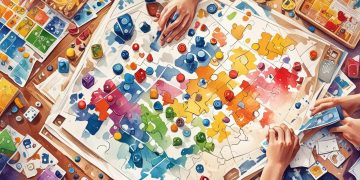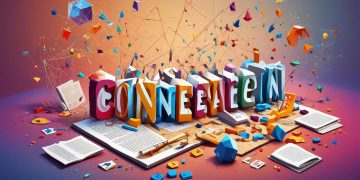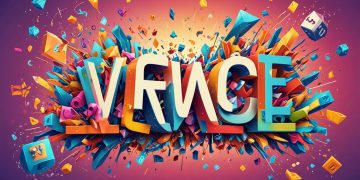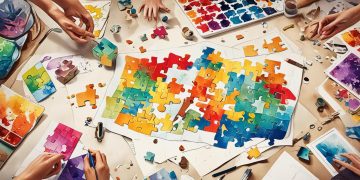Simulation games effectively enhance problem-solving skills, significantly improving real-life decision-making, particularly among Nigerian youth. By simulating challenges, these games foster critical thinking, creativity, and strategic planning, translating skills into academic success, community involvement, and career readiness. Engaging with such interactive platforms empowers individuals to tackle real-world challenges confidently.









